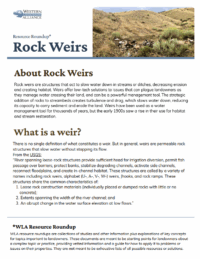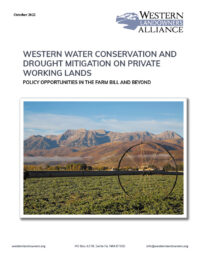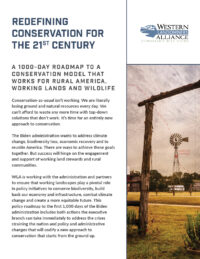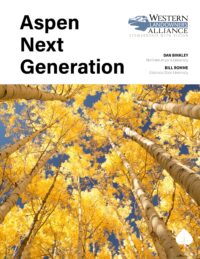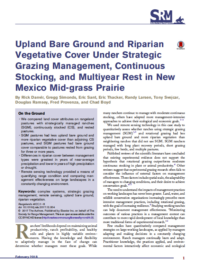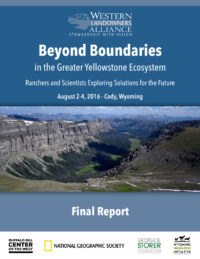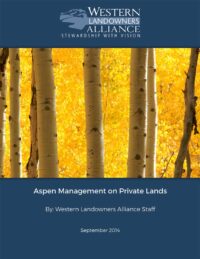WESTERN GRAZING
Photo by Melanie Elzinga
Grazing west of the 100th Meridian is just different.
Drought, short growing seasons, Pacific storms, steep canyons, high altitudes, increasing wildfire, unique invasive species, public lands and more all make grazing in the West a particular kind of challenging. That's why we're building the West-wide Grazing Lands Coalition (WestGLC), to support peer-to-peer knowledge sharing and help put science and expertise into practice on more acres of grazing land around the West than ever before.
CalGLC
CALIFORNIA
Together with the California Rangeland Conservation Coalition, we've launched the California Grazing Lands Coalition, bringing science and practice together to improve outcomes in the Golden State.
WYGLC
WYOMING
Together with the Wyoming Association of Conservation Districts, we've launched WYGLC to connect and serve the amazing grass farmers of the Cowboy State.
UtahGLC
UTAH
Working Lands Conservation is leading the charge to get the Beehive State's grazing lands coalition up and running. We're partnering with them to share information, resources and important stories about good grazing with our network.
MTGLCI
MONTANA
Graziers know, the greatest treasure in the Treasure State is all that grass. We're helping Montana producers access the latest information, share knowledge with peers, and bring funding home to make turning that grass into food and fiber that much better for the land and ranch bottom lines.
Resources for Graziers from our Library
| water, water technical document
Rock Weirs
| agriculture, Big Game, Conservation, working lands, Wyoming
Wyoming-USDA Big Game Conservation Partnership Impact Report
Western water conservation and drought mitigation on private working lands
Redefining Conservation for the 21st Century
Aspen Next Generation
| monitoring, science
Upland Bare Ground and Riparian Vegetative Cover Under Strategic Grazing Management, Continuous Stocking, and Multiyear Rest in New Mexico Mid-grass Prairie
Beyond Boundaries in the Greater Yellowstone Ecosystem
Aspen Management on Private Lands
Join WLA to stay up to date on the most important news and policy for land stewards.
Become a member for free today and we will send you the news and policy developments critical to the economic and ecological health of working lands.
WLA works on behalf of landowners and practitioners throughout the West. We will never share your contact information with anyone.
©2026 Western Landowners Alliance • PO BOX 27798, Denver, CO 80227 • 505.466.1495
Western Landowners Alliance is a 501 (c)(3) non-profit recognized by the IRS.
Tax ID: 46-1346488
